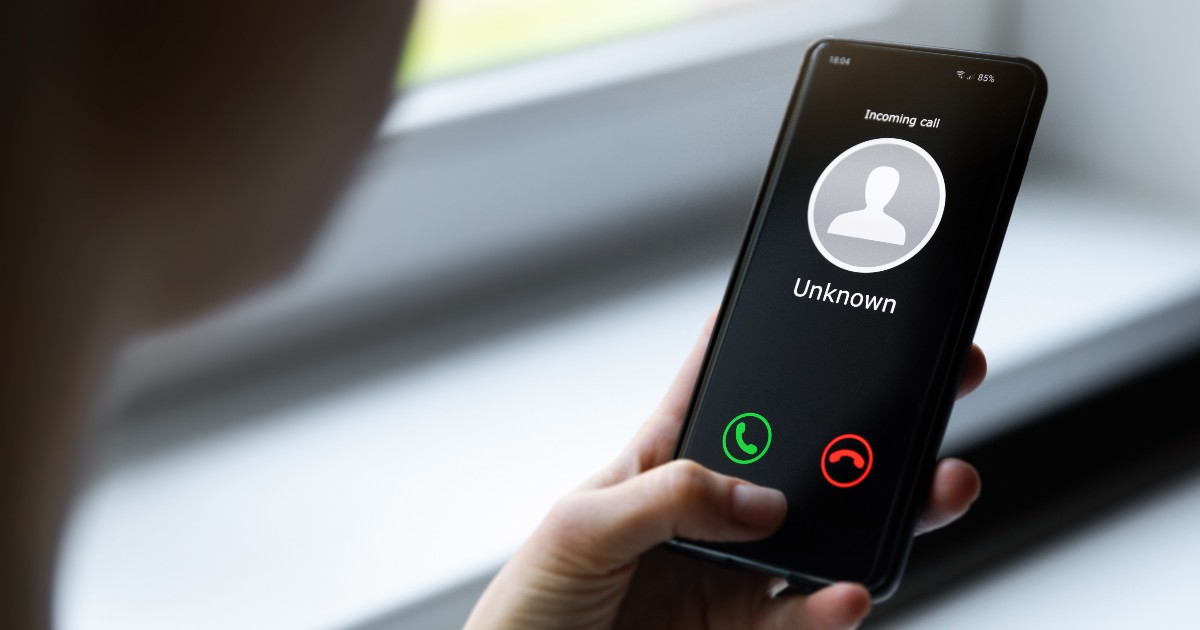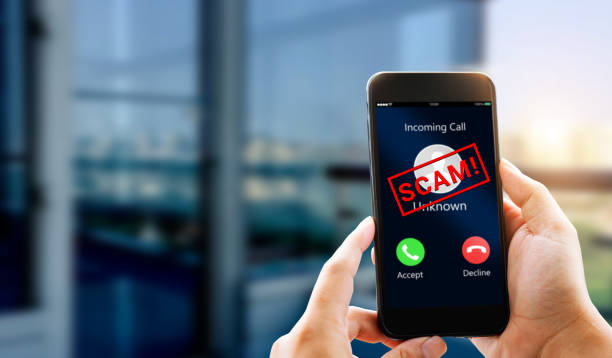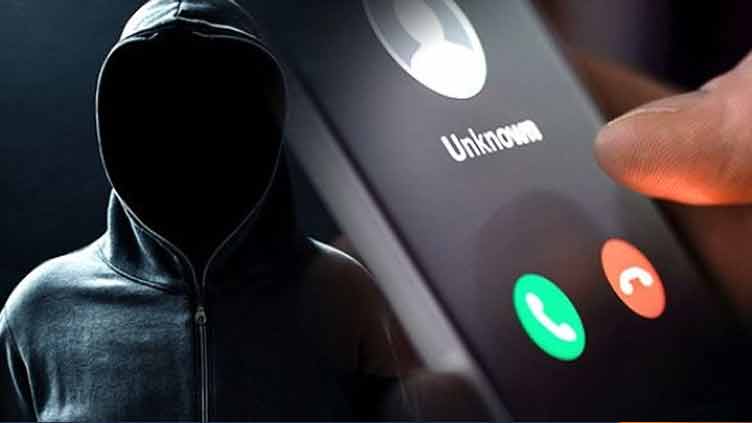Introduction to the 0117 463 4628 Scam Calls
Have you received a call from 0117 463 4628? If so, you’re not alone. Many people are reporting mysterious calls from this number, and they often leave recipients feeling uneasy. In today’s digital age, scam calls have become increasingly sophisticated, preying on our trust and curiosity. It’s essential to stay informed about such numbers to protect yourself and your personal information.
This guide will help you navigate the murky waters of phone scams associated with 0117 463 4628. We’ll explore what caller ID spoofing is, the tactics used by scammers, how to spot these fraudulent calls, and what steps you can take if you’ve already fallen victim. Knowledge is power in the fight against fraud—let’s arm ourselves with the right information!
What is Caller ID Spoofing?

Caller ID spoofing is a technique used by scammers to disguise their true identity. They manipulate the caller ID information that appears on your phone, making it seem as if the call is coming from a legitimate source or familiar number.
This deceptive practice can create confusion and lead individuals to answer calls they might otherwise ignore. For instance, receiving a call from 0117 463 4628 could give you false confidence about the legitimacy of the caller.
Scammers often use this tactic to gain trust before attempting to extract personal information or money. By appearing as someone you know or respect, such as a bank or government agency, they increase their chances of success. Recognizing that not every incoming call reflects reality is crucial for safeguarding yourself against these malicious schemes.
The Tactics Used by Scammers

Scammers use a variety of clever tactics to deceive unsuspecting individuals. One common strategy involves creating a sense of urgency. They might claim that your account is compromised or that immediate action is required.
Another tactic is emotional manipulation. Scammers often pose as authorities, such as the police or tax officials, using fear to pressure you into providing personal information.
They also exploit social engineering techniques. By gathering bits of information available online, they create convincing personas to gain your trust.
Some scammers may even use sophisticated technology to mimic legitimate numbers, making it harder for recipients to identify them as fraudsters. This caller ID spoofing blurs the lines between genuine and fake calls.
Being aware of these tactics can help you stay vigilant and protect yourself from falling victim to their schemes.
How to Identify and Avoid Scam Calls from 0117 463 4628

Scam calls from 0117 463 4628 can be tricky to navigate. Always scrutinize the caller’s intentions. If they request personal information or financial details, proceed with caution.
Listen for red flags in their tone and urgency. Scammers often create a sense of panic to manipulate you into acting quickly without thinking.
Don’t hesitate to hang up if something feels off. Trust your instincts—if it seems too good to be true, it probably is.
You can also verify the number by searching online or checking with trusted sources before engaging further.
Using call-blocking apps can add an extra layer of protection, allowing you to filter out unwanted calls effectively.
Stay informed about common scams targeting your area; knowledge is your best defence against these tactics.
What to Do If You Have Already Been Scammed
If you suspect that you’ve fallen victim to a scam involving 0117 463 4628, act quickly. First, gather all relevant information regarding the call. Note the date, time, and any details about the conversation.
Next, report the incident to your bank or credit card company if any personal or financial information was disclosed. They may be able to assist with preventing further unauthorized transactions.
Contact local authorities as well. Reporting scams helps them track trends and potentially catch perpetrators before they target others.
Consider changing passwords for online accounts linked to your phone number. This adds an extra layer of security against identity theft.
Stay vigilant for unusual activities on your accounts or in communication with other organizations. Keeping a close eye can help mitigate potential damage moving forward.
Tips for Protecting Yourself Against Future Scam Calls
Staying one step ahead of scammers is crucial. Start by registering your number with the Telephone Preference Service (TPS). This free service helps reduce unwanted calls.
Consider using call-blocking apps or features on your smartphone. These tools can filter out known scam numbers, including 0117 463 4628.
Always be cautious when sharing personal information over the phone. Legitimate organizations will never ask for sensitive details like passwords or bank account numbers unsolicited.
Additionally, educate friends and family about common scams. Sharing knowledge strengthens community awareness and can protect others from falling victim.
Trust your instincts—if a call feels off, hang up! It’s better to be safe than sorry in today’s digital age where scams are becoming more sophisticated.
Conclusion
Scam calls can be overwhelming and stressful, but understanding the nature of these calls, especially from numbers like 0117 463 4628, is crucial. Awareness is your first line of defence against falling victim to scams.
By recognizing caller ID spoofing and the tactics used by scammers, you empower yourself to take control of each call that comes in. Identifying potential red flags will help you avoid unwanted interactions and keep your personal information safe.
If you’ve already been targeted or scammed, taking swift action can mitigate further damage. Report incidents to relevant authorities so they can track these fraudulent activities more effectively.
Implementing preventive measures now—like screening unknown calls and using call-blocking technologies—will provide peace of mind moving forward. Protecting yourself from future nuisance callers should be a priority for everyone.
Stay vigilant and informed; it’s the best way to handle any unexpected phone call.




Pingback: Unveiling the Mystery: The Story Behind 03335565838